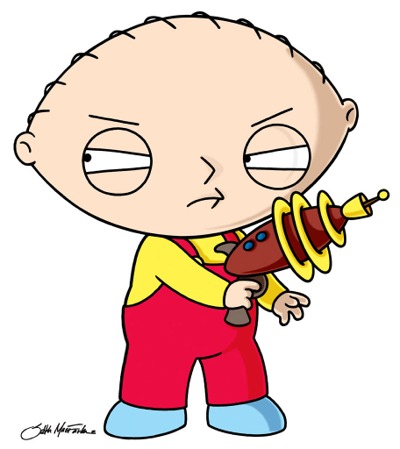The baseball world is still frothing with rage over the latest and greatest Marlins fire sale trade. Actually, calling it a fire sale trade isn't fair, it is really more of a raging inferno sale trade what with them dumping their two biggest free agent purchases from the off-season before along with pretty much every other player on their roster making even a little bit of money.
But as crazy as that trade was, it actually could have been even crazier. Surely we all remember how close the Marlins came to signing both Albert Pujols and C.J. Wilson, who of course ended up signing with the Angels. As it turns out, a major reason that Albert and C.J. passed on Miami's respective offers was that they didn't include no-trade clauses, which is a Marlins club policy. So, yeah, good call, fellas.
That got me thinking though. The Marlins essentially decided that their spending spree went awry and that they needed to cut their losses, blow things up and start over (and pocket a lot of cash, because Jeffrey Loria is an epic scumbag). One could say that the Angels big purchases didn't pan out either, though obviously not quite on the same level as Miami. So, what if the Halos made good on that hypothetical and followed the Marlins' example by selling off Pujols, Wilson and maybe another bloated contract so that they could start over?
I know it seems kind of crazy to imagine, but I also think there is some logic to it. Allow me to explain and then judge for yourself whether or not it is a worthwhile tact.
Let's assume, for the sake of this exercise, that the Angels could dump Pujols, Wilson and Howie Kendrick on someone (I know, you probably want to include Vernon Wells, but that takes this from hypothetical fiction to pure science fiction). And using the Toronto package as an example, let's say the Angels get in return a league average second baseman to replace Kendrick, a pre-arbitration fringy starting pitcher, a mid-rotation starting pitcher prospect that is near the majors, a big league-ready non-closer relief prospect, a reliable veteran back-up catcher (not Jeff Mathis, I promise) and a pre-arbitration utility infielder. Oh, and let's not forget about the money involved seeing how that really is the most important part. The Angels would be moving over $321 million long-term contracts, which is a lot, so let's say they kick in some cash and cover the salary of the players they acquired to put their trade partner's bill at $280 million.
All in all, that's a pretty impressive haul. The Angels plug one of their rotation holes, effectively replace Maicer Izturis, upgrade at back-up catcher, get another young arm in the bullpen, add some real minor league rotation depth and improve the overall depth of their farm system with the high ceiling hitting prospect. Last, but certainly not least, they reduce their 2012 payroll obligations from around $115 million to about $80 million. Of course, they now lack a franchise first baseman and have two huge holes in their rotation. But, hey, they still have Trout, Trumbo, Weaver and $70 million burning a hole in their pocket, so they really aren't in that bad of a position.
The obvious benefit of all that money is that it would put them in great position to keep Zack Greinke as there wouldn't be anymore budgetary concerns. They'd still have plenty leftover to then make major purchases to replace Wilson and Pujols. For example, they could sign Anibal Sanchez as well as Josh Hamilton. I think I'm being rather realistic when I say that Greink, Sanchez and Hamilton could all be had for roughly $60 million in average annual value. Backload those deals over five or six years and the Angels could potentially still leave themselves with $15 million in spending money and the most definitely improve their long-term financial flexibility since the escape the potentially franchise-crippling ten-year contract of Albert Pujols.
Using that money and their improved prospect depth, the Angels would have more than enough flexibility to seek out upgrades elsewhere. Maybe they use it to find a way to pry Chase Headley loose from the Padres. Or maybe they go after Arizona's Justin Upton. Really, the sky is the limit, if they can pull it off, after all, it is a lot of moving parts to orchestrate. They also need to convince players that they won't pull off the same gag if they don't win in 2013. That last part is really the most difficult part of the equation.
Making big money offers is the easy part, convincing high profile free agents that they are chaining themselves to a team committed to winning is quite another. As a result, I think this is where the whole notion falls apart. While the Marlins might be excited about the prospects they acquired and the money they saved, they seem to have grossly underestimated how much ill will they have created with prospective free agents. I'd probably like it a bit better too if there were more attractive free agents on the market than Sanchez and Hamilton. Still, it is an idea that is worth considering and maybe the Angels will really consider it if 2013 doesn't work out any better than 2012.
Add The Sports Daily to your Google News Feed!
